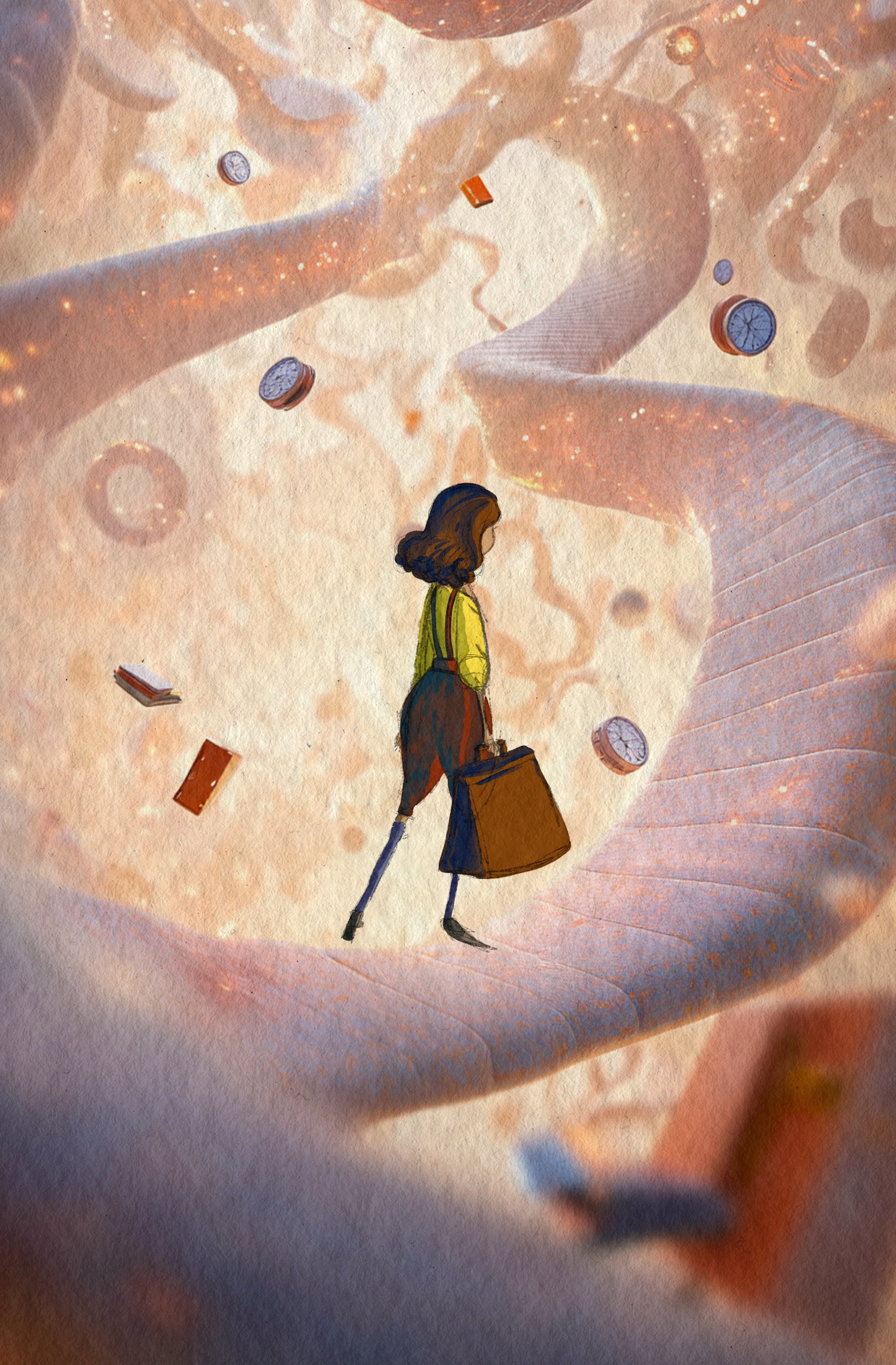Validation of the Future Self Continuity Questionnaire (FSCQ)
Abstract
This oral presentation aims to illustrates a local validation of a recently developed measure of future-self-continuity, the Future Self Continuity Questionnaire (FSCQ). Self-continuity is the sense of psychological connection between the past self, the present self and the future self, in the dimension of time (Chandler, 1994). Rutchick et al. (2018) propose that when people feel a greater sense of continuity between their present and future selves, their decision making may be more influenced by thoughts of their future self. The study will recruit at least 200 participants to fill out a series of questionnaires related to future self-continuity, including the Future Self-Continuity Scale (FSCS), Consideration of Future Consequences-14 Scale (CFC-14), Multidimensional Temporal Self-Continuity Scale (MTSCS), and Beck Hopelessness Scale (BHS). The higher degree people's future self-continuity (according to the FSCQ), the more likely they are to associate their future self with their past/present self (as measured by FSCS and MTSCS). This inclination also tends to result in a greater consideration for the future consequences of their actions (as measured by the CFC), and potentially corresponds with a lower degree of hopelessness (as measured by BHS). Analyses will include item analyses, exploratory and confirmatory factor analyses to examine the factorial structure of the questionnaire, alongside assessments of internal consistency and test-retest reliability.
Downloads
Metrics
References
Chandler, M. (1994). Self-continuity in suicidal and nonsuicidal adolescents. In Children, youth, and suicide: Developmental perspectives (pp. 55–70). Jossey-Bass.
Rutchick, A. M., Slepian, M. L., Reyes, M. O., Pleskus, L. N., & Hershfield, H. E. (2018). Future self-continuity is associated with improved health and increases exercise behavior. Journal of Experimental Psychology: Applied, 24(1), 72–80. https://doi.org/10.1037/xap0000153
Copyright (c) 2023 Lei Han
Article text:

This work is licensed under a Creative Commons Attribution 4.0 International License.
Photos:
The images in Rangahau Aranga are not covered by the Creative Commons license and are subject to copyright. Permission to reproduce this material must be sought from the copyright holder concerned.






